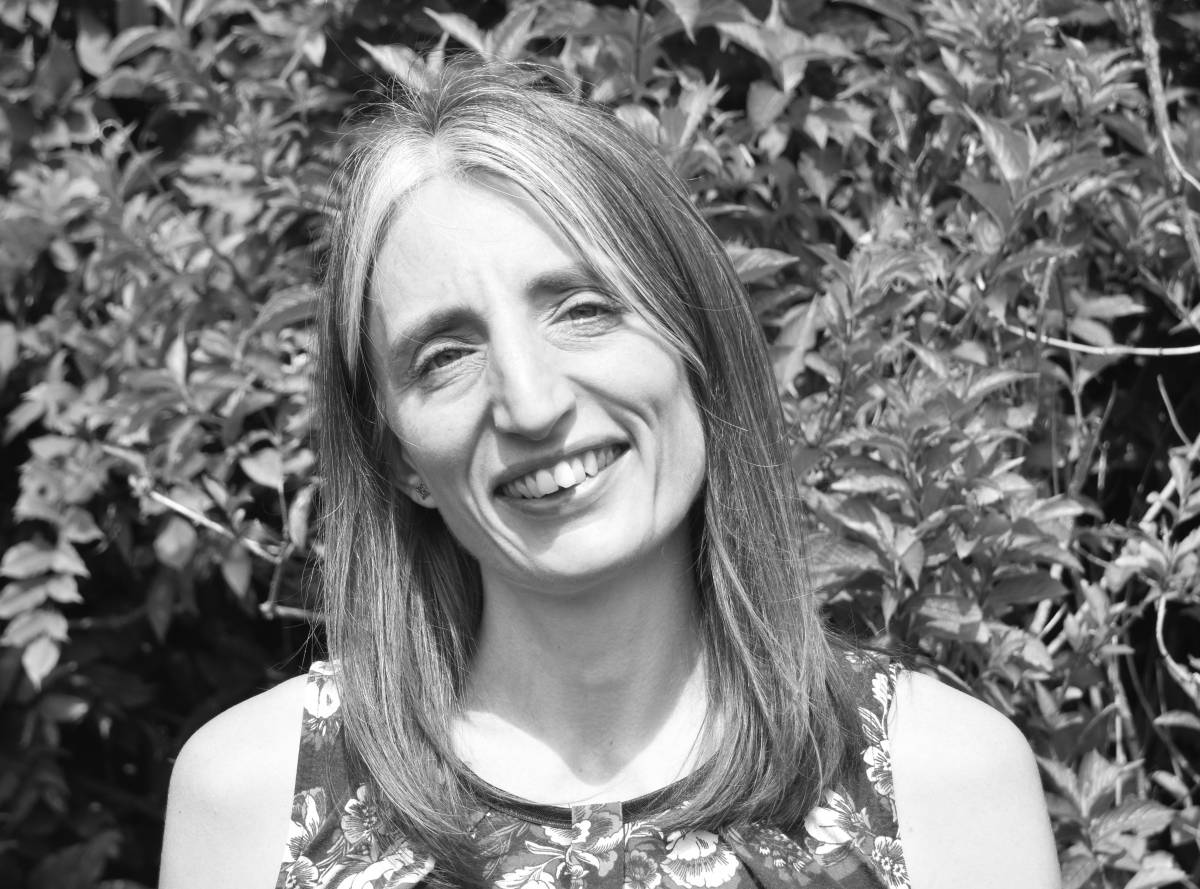Meet physiotherapist and coach Ann Parkinson, who talks about her newly-published book in a Q&A
PhysioUpdate editor Ian A McMillan asks physiotherapist and coach Ann Parkinson some questions about her new book, Dancing through Life: A Guide to Living Well.

What motivated you to write the book?
I wanted to write a book on various aspects of health and wellbeing to help people maximise their own wellness and enjoy a life full of meaning that is aligned with their values. I believe in empowering people through exploration and this is why there are many practical exercises in the book.
Although the title refers to ‘dancing through life’, the book is not about dancing. The title evolved after I had reflected on the content and the many aspects of life covered: it’s a reference to a metaphorical ‘dance’.
What are the main messages?
- among the key messages is an emphasis on the importance of compassion. Psychologist Ross McIntosh (more about him later) said there is a ‘golden thread of compassion’ running through the book
- compassion is really important for all of us. For example, self-compassion has been shown to improve resilience and reduce the risk of burnout. It helps us manage stress and is good for our overall wellbeing
- compassion helps us to be ‘present’ – both for ourselves and others. It helps us meet whatever comes up with curiosity, strength and an open heart rather than struggling or avoiding things
- another key message is that compassionate awareness gives us a strong foundation on which to build
There are many aspects to living well and focusing on the different aspects of some of the concepts in the book, like: compassion, persistence, awareness, exercise, sleep and intention, can help us to explore and create a way of living that supports wellness. These concepts are part of the PACEs and SIMs framework in the book.
One chapter looks at the importance of the language we use for ourselves and in communication with others. Our language and non-verbal expression, like tone of voice, affects our own physiology and that of those around us. The words we use also affects our relationships with ourselves, others and the world around us. Language can keep us stuck or help move us forwards.
The body and mind are inextricably interlinked, and anything we do affects both aspects (affects our whole being).
Although there is no set recipe for what helps us live well, there are many ways to explore what’s most helpful to us (The framework for PACEs and SIMs can help us to do this). What’s helpful changes with life experiences, as we move through different stages of life, having the flexibility to keep exploring and letting go of things that once served us is important.
What kind of reception has the book had?
Good, so far. One reader made the following comment on social media: ‘I’m currently reading it, and it’s absolutely brilliant! All fascinating and … potentially life changing. I’m loving it … undoubtedly helping people.’ A fellow physio tweeted that he loved the book and would write a review soon.
I did a two-part podcast with Ross McIntosh, the psychologist I mentioned earlier, from People Soup Podcast. He said the book was a comprehensive guide to the ownership of the human body. In reviewing the book, he said: ‘It’s beautifully open, it’s vulnerable and it’s highly practical. It brings together threads from many different disciplines into a coherent approach and it’s full of invitations to practice.’
Here’s the podcast link to part two of the podcast in which we discuss the book: http://www.rossmcintosh.co.uk/2021/02/ann-parkinson-part-2.html?m=1
How did you find the time to write it, given you also work and run a service?
One of my strengths is being organised and that helped. It has been ongoing for a number of years too. Towards the end of writing the book I did less clinic work and reduced some other activities.
Tell us about your clinic
I founded Unity Physiotherapy & Wellbeing in Lincoln in 2009. We offer virtual appointments to people across the UK, as well as face to face appointments locally. I changed the name to its current one as I felt it gave a better reflection of what we offer. The word ‘unity’ reflects the fact that I believe in treating the whole person and that we are all united in our common humanity.
I believe in fully understanding the person I am working with and help to empower them to make the changes they are aiming for and to live well. The people I work with teach me every day and this is invaluable.
I integrate physiotherapy with coaching, yoga, compassionate mind training, acceptance and commitment therapy, neurolinguistic programming, and functional nutrition to tailor treatment for each individual holistically. I also have personal experience of living with persistent pain and that deepens my understanding.
What advice would you give other physios considering following your lead?
- though writing a book takes a lot more work than you could possibly imagine, it’s worth it!
- be prepared to reduce some of the other things you do while writing
- if you feel like giving up – as I did, many times – stay connected to your motivation for writing the book and how this connects to your purpose
- ask for help, if needed
How do you relax?
Meditation, yoga, walking and time outdoors, reading, and spending time with family and friends – even if it’s virtual!
Further information
To order copies of Dancing through Life: A Guide to Living Well, visit: https://amzn.to/3dz5teN
To find out more about Ann, visit:
Website Unity Physio: https://www.unityphysio.co.uk
Facebook: https://www.facebook.com/UnityPhysiotherapy
Twitter: @UnityPhysio
Author: Ian A McMillan
Share it with














